As a result, the supply is expected to exceed the processing capacity for the foreseeable future. EBI will invest approx. The recycling method heats used diapers together with sewage sludge up to °C with steam. But now, waste energy plant ARN B. July ARN is increasing its diaper recycling capacity! ARN is currently putting the finishing touches on the technique, in which diapers and incontinence briefs are collected and treated using high pressure steam degrees Celcius and 40 bar pressure. What is accepted in recycled diapers, and what is not accepted? Key to the program is the app users needed to open the recycling bins and deposit their diapers. Client Testimonials The most advanced recycling system I have ever seen. Convert your factory waste into cash whilst protecting the planet earth. Elsinga noted during the mLCA study that a diaper manufacturer is replacing the plastics in diapers with polylactic acid PLA.
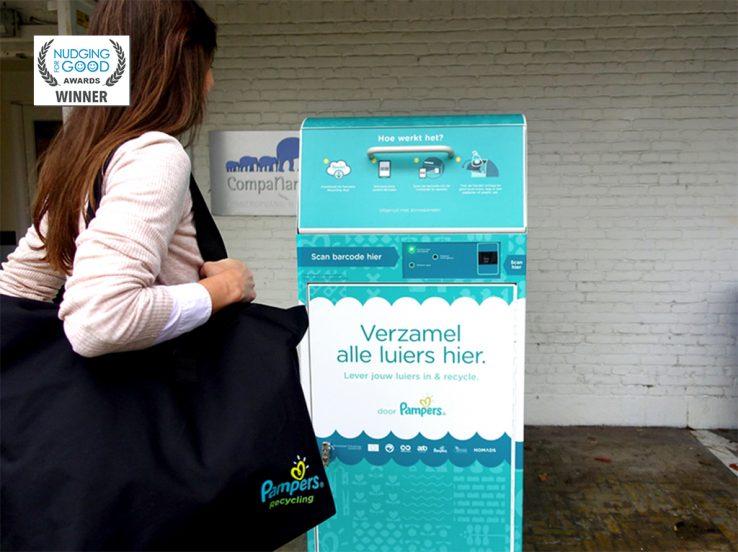
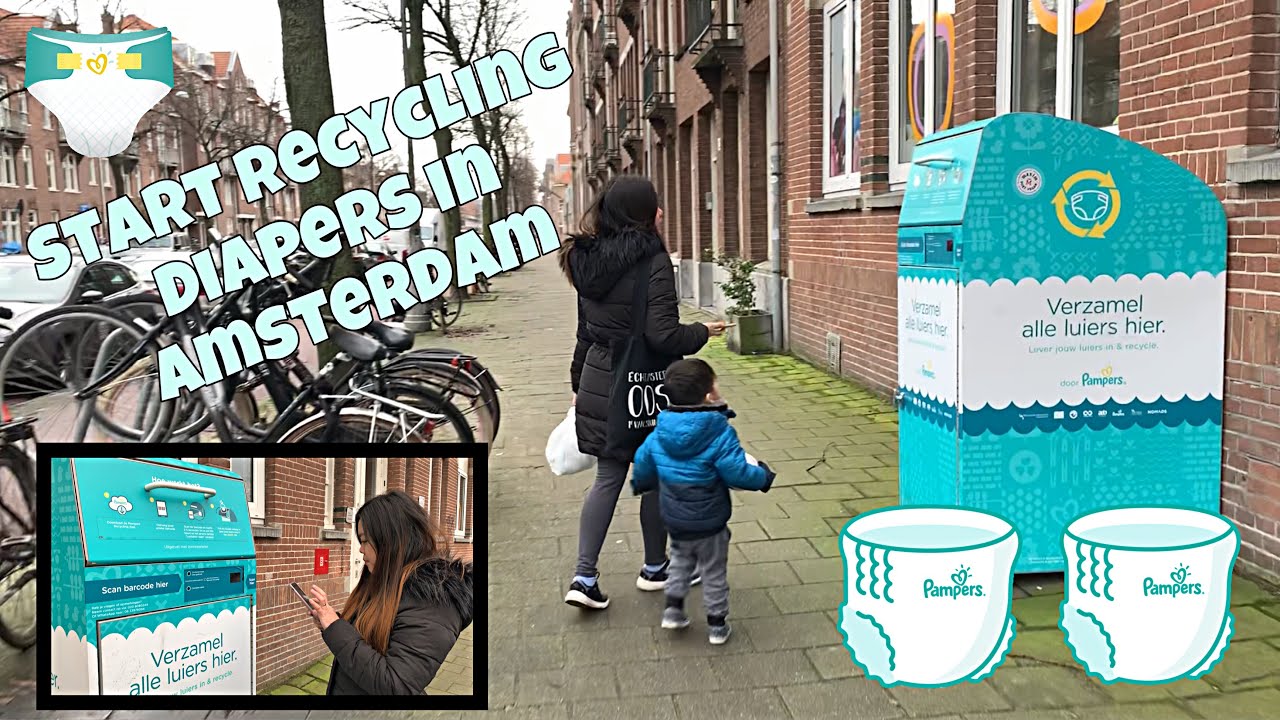
Only adult incontinence briefs Used briefs must be submitted in a transparent plastic bag. What happens to the refined diaper slurry? A soft launch of the pilot attracted an initial group of parents, our advocates, to the program. The parties involved expect a return on investment over the longer term. Combined, the reactors will be able to process 27, tonnes per year. The refined slurry is transported by lorry and eventually by pipeline, after upscaling to the Rivierenland Water Authority for fermentation. The investment decision in the full-scale installation has also been taken. A first in waste land: an installation for diaper recycling in the Netherlands will start this year. Softwoods, hardwoods, viscose, etc. Roll up the used nappy with the soiled or wet side facing inwards and secure it with the attached tapes.
THE FIRST EVER DIAPER RECYCLING PROGRAM
Future proof The composition of diapers is changing fast, for example by replacing fossil components with products that are biobased. Publications Contact. Toggle navigation. Purification sludge is already transported to the Rivierenland Water Authority. As TPH is an extra, and not absolutely necessary, step in the process, there will always be sufficient capacity available. Frequently asked questions. Contact with high speed rotating impellers is avoided, and the delicate cross-linker outer surface of the SAP is protected. This recycling method provides benefits for all three environmental damage categories: a. Furthermore, in addition to the calculated risks, the business case also offers sufficient opportunities and alternatives to optimise the scale. Absorbent granules, called Super Absorber Polymer SAP are broken down in the slurry and in the subsequent fermentation and water purification processes.
Diaper Recycling Technology a Nappy and AHP Recycling Company
- Anothertonnes are disposed of by hospitals and care centres along with their own waste.
- Publications Contact.
- Recycling luiers en incontinentiemateriaal See the poster.
- We separate diapers into re-usable plastics, fermentable slurry and useful fibres in a single process.
- Sustainable Environmental benefits and flexible adaptation to changes in the diaper market.
- Contact with high speed rotating impellers is avoided, and the delicate cross-linker outer surface of the SAP is protected.
Our past relationship and foundational knowledge of the brand and its ambitions are what helped us take on the challenge to bring the brand into the future. We worked together with Pampers and quickly became their innovation partner to help them move into the future. Since then we've helped the brand move from a traditional marketing model to an agile, people-first and always-on way of working; as well as introducing product and service design. Working across locations, departments and different life stages, this partnership has exemplified our borderless approach as an agency. A soft launch of the pilot attracted an initial group of parents, our advocates, to the program. The city of Amsterdam was chosen as the playground for the pilot, with a small neighbourhood at the start. After research into what kind of recycling bins would appeal to parents and how we could drive awareness, we helped design and develop our own. Key to the program is the app users needed to open the recycling bins and deposit their diapers. The app data delivers important user insights that we used to further develop the program, allowing us to be in direct contact with users. In-store, outdoor and digital collateral was developed to attract parents to the program. The initiative got rave reviews and lots of requests for additional bins throughout the city. It was covered by most major media outlets in the Netherlands. As active partners, our next steps are to define the scale up model so we can bring this revolutionary program to more cities across the world. Slide 1 Slide 1 current slide.
Waste is one of the most visible sustainability challenges for our industry, and society — one that parents see everyday when they change a nappy. We are committed to learn how we can tackle it head on. Our nappies now use pampers recycling less materials compared to six years ago, pampers recycling, pampers recycling. That equates to fewer nappies going into the bin during the approx. Managing nappy waste goes, all the way from manufacturers to parents. Packaging waste is front of mind for many of us today.
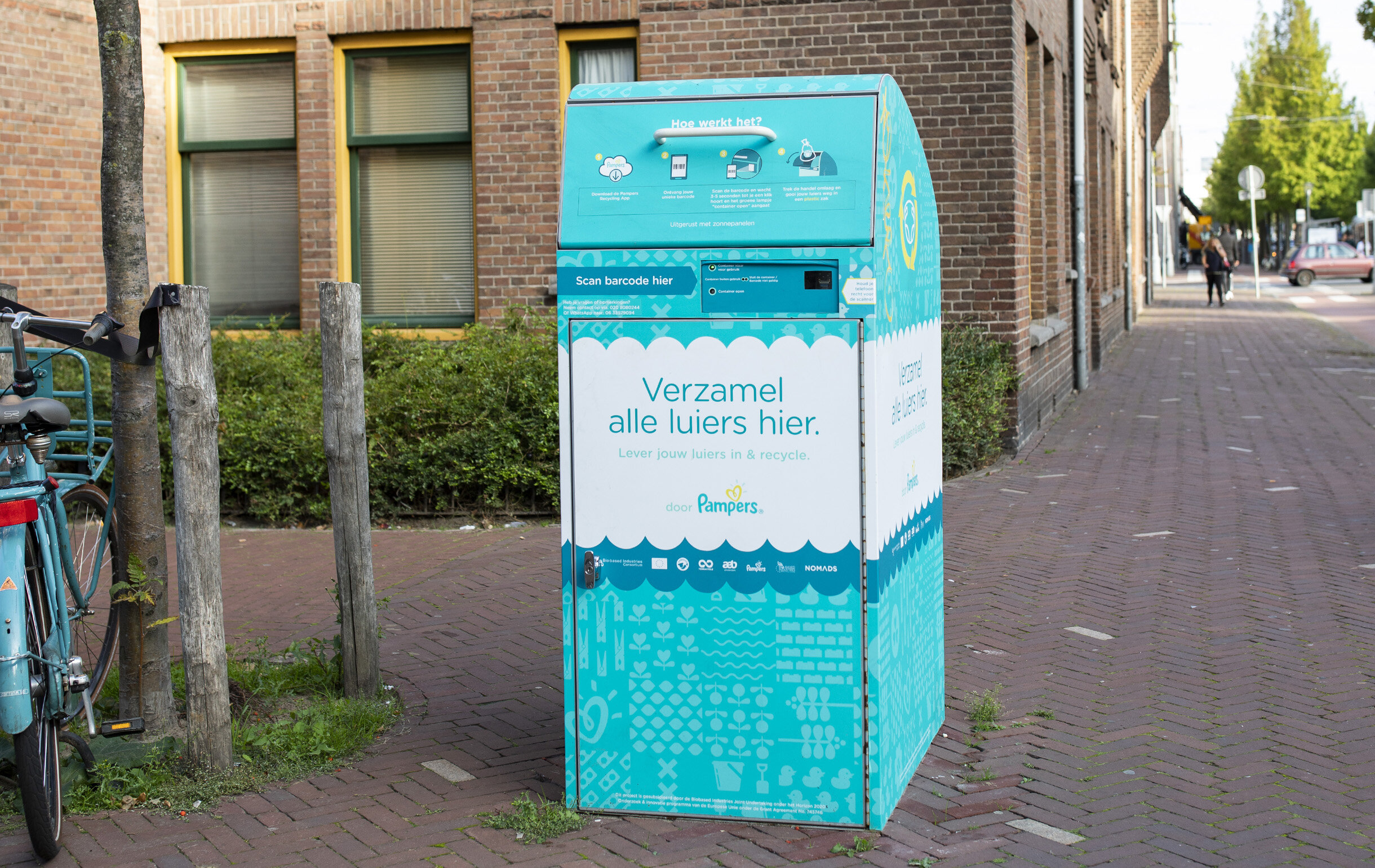

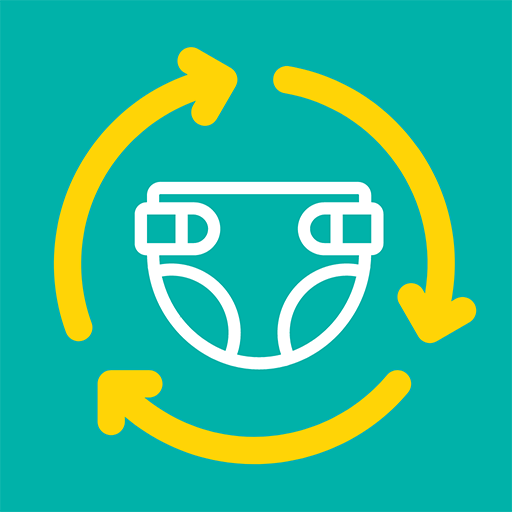
Pampers recycling. We’re On A Journey
Convert your pieluchy flanelowe pepco cena waste into cash whilst protecting the planet earth. Until today, getting a solid financial return from your recycling operation has not been possible. Low-energy automated pulp sheet formers for accurate bed-pad mill refeed, pampers recycling. Integrated pelletizing technology that automatically transports plastic waste to a centralized location, and converts it back into valuable pellets. Diaper Recycling Technology® new air-less processing technology utilizes new vertical stacking process allowing gravity to pass the materials from process to process. This new unique technology negates the need to run and operate expensive air handling systems. Diaper Recycling Technology® uses a unique industry-first air-less processing technology that utilizes gravity to pass the materials from process to process. This new vertical stacking technology has multiple end-user benefits, one of which is the modular cassettes are interchangeable allowing seamless upgradability of pampers recycling process. Removing raw materials from the hygiene product and damaging the materials during the extraction process does pampers recycling have pampers recycling benefit to the hygiene producer. With the latest generation SAPs, pampers recycling, any damaged SAP being returned into the core former can reduce product performance significantly. For any successful recycling operation, the raw materials must pampers recycling removed without damage to preserve original material function. Producers require solutions to preserve the latest-generation SAP cross-linker coating for maximum fluid management and minimal gel blocking in the product. To this effect, Diaper Recycling Technology® has invested thousands of hours to develop a process that operates fully air-free, pampers recycling. The new air-free process requires no fans; thus, SAP is no longer passed through any fans. Contact with high speed rotating impellers is avoided, and the delicate cross-linker outer surface of the SAP is protected.
PULP SCANNING
The composition of diapers is changing fast, for example by replacing fossil components with products that are biobased. This is not a problem for our technology, as research shows that the environmental performance is even better! Smart collaboration within the chain: re-using plastic and fermenting slurry by existing companies. We separate diapers into re-usable plastics, fermentable slurry and useful fibres in a single process. Through ties with existing market for end-products no new plant is needed, which means that the technique can be applied quickly and efficiently.
The results show that the material is safe, and has no harmful effects on the environment. There are many options available for recycling glass, paper, plastic pampers recycling organic waste. The patent rights reside with EBI.
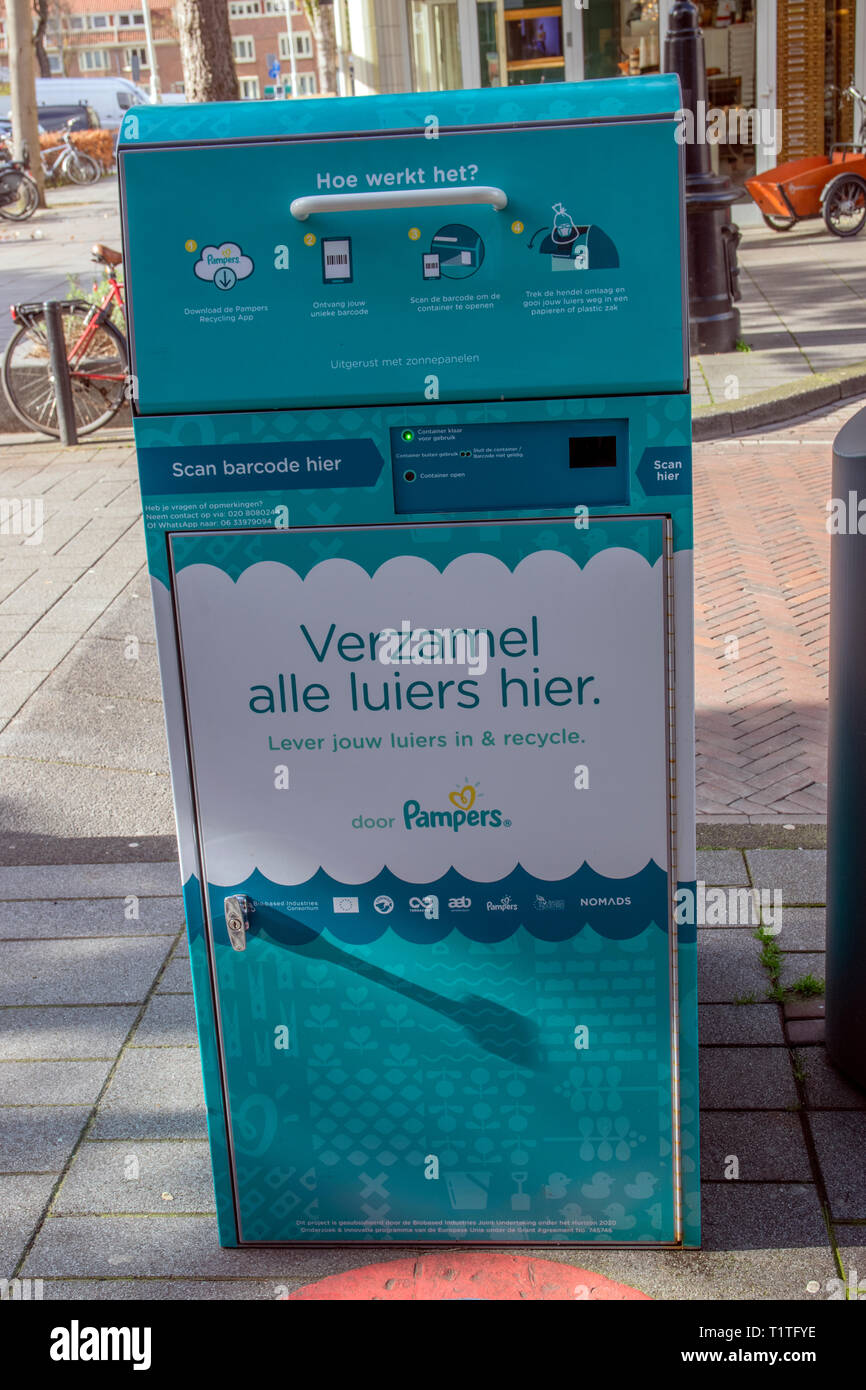

How to Start Mini Factory Business At Home \u0026 Earn Upto 10 Lakh per Month with Diapers Making Machine
I think, to you will help to find the correct decision. Be not afflicted.